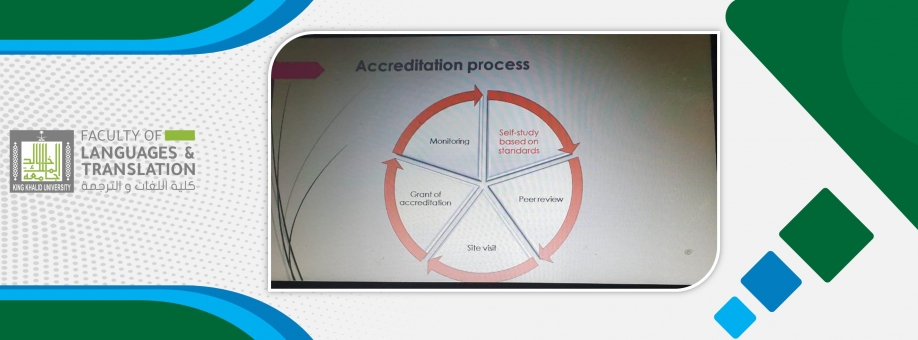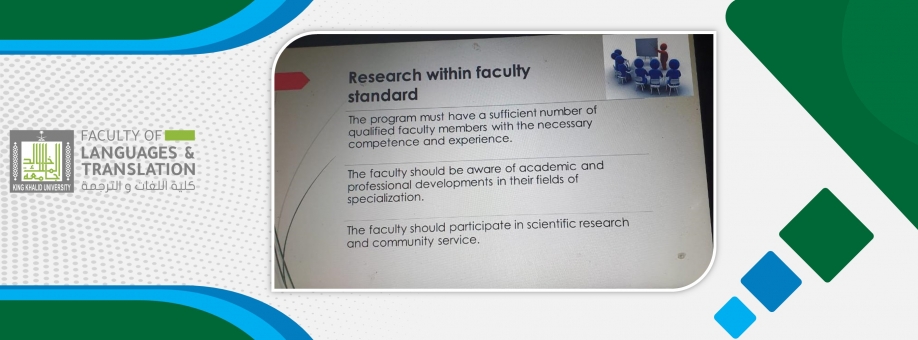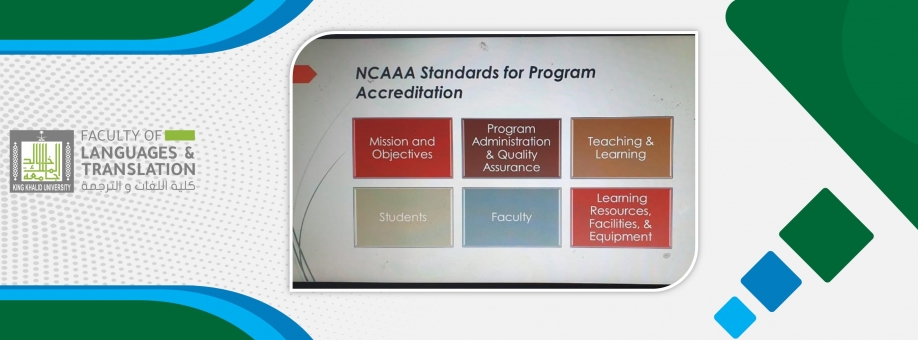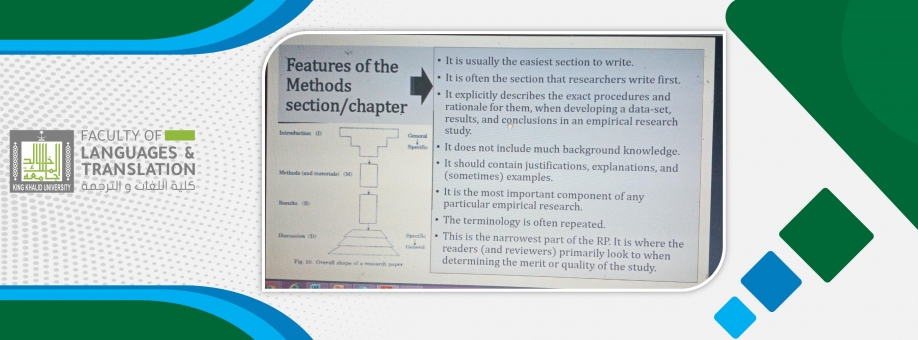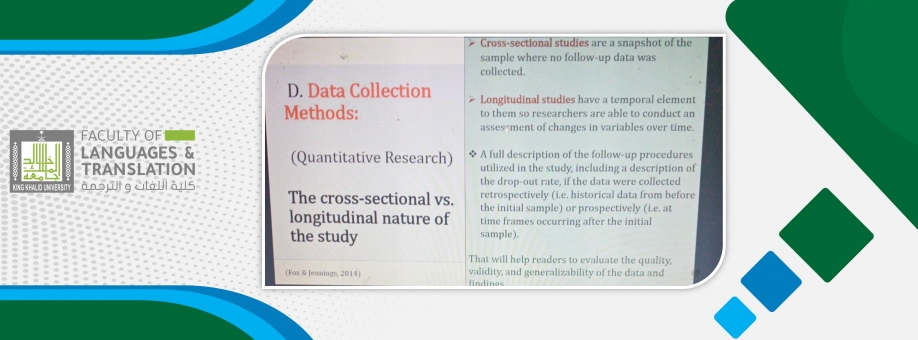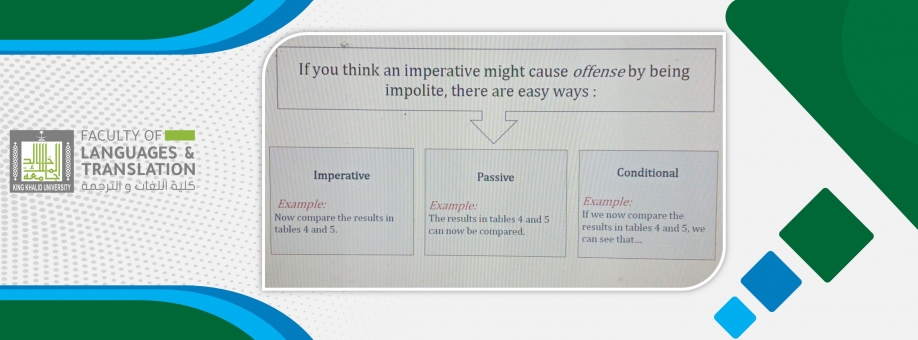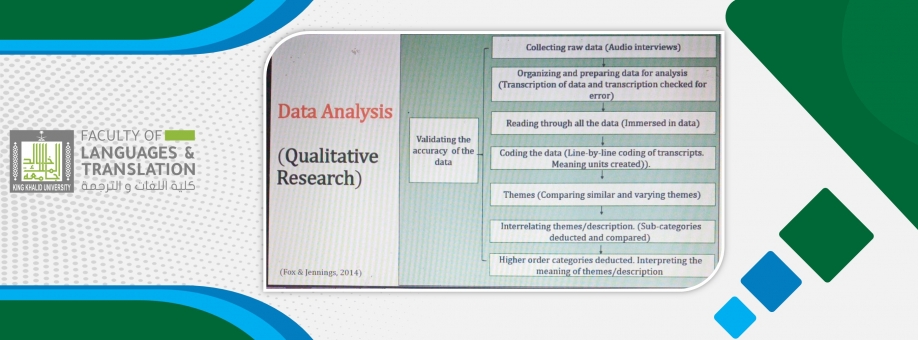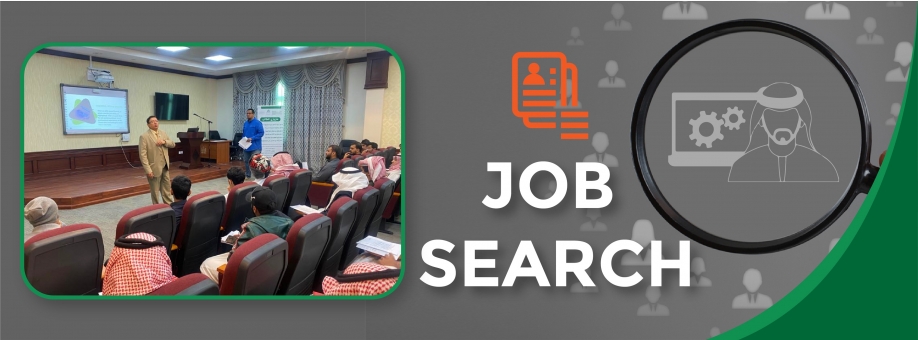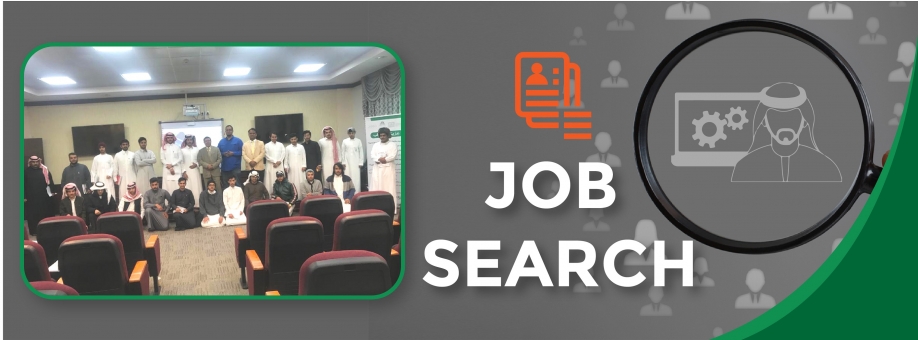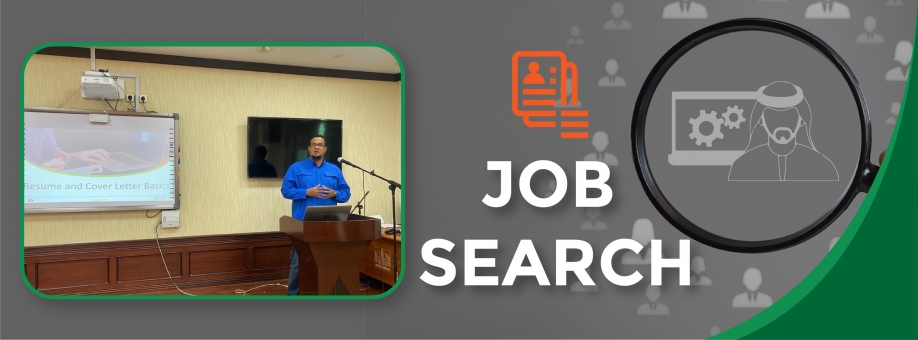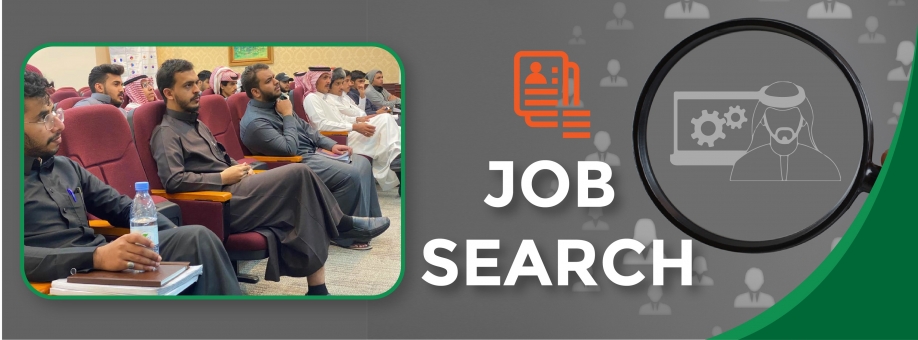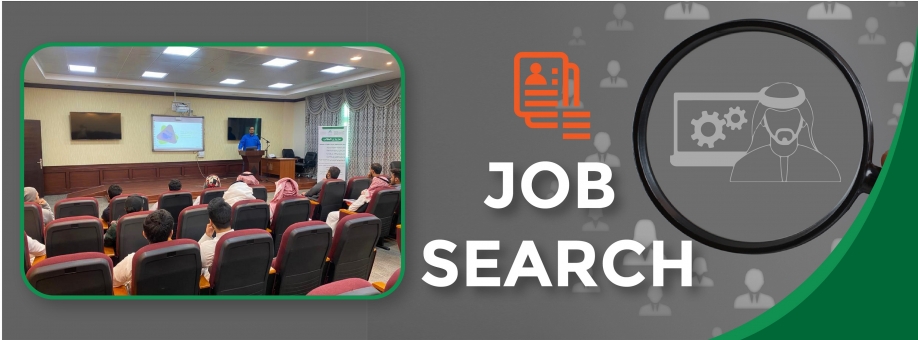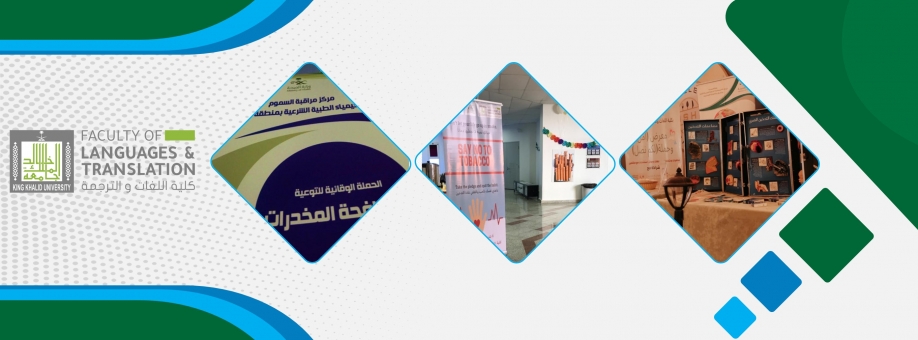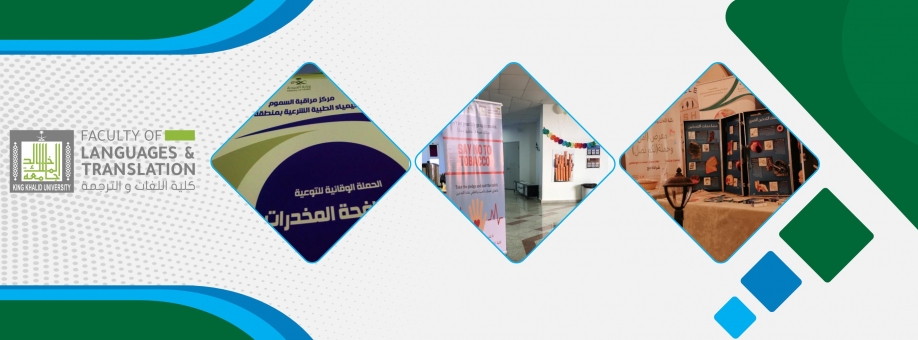Usefulness and Learnability in Teaching Vocabulary to ESL/EFL Students
With the commitment to advancing the practice of quality teaching, the Women's Academic Development and Quality Committee organized the "Usefulness and Learnability in Teaching Vocabulary to ESL/EFL Students" workshop on Monday, 24 February 2020. The workshop was conducted by Ms. Shanjida Halim, Ms.Tanzina Halim and Dr. Rizwana Wahid. The workshop was tailored to new teachers, graduate students, and teachers of the Bachelor of Arts in English program who have not taught ENG 214 Vocabulary Building 1 or ENG 219 Vocabulary Building 2. The objectives of the workshop were as follows:
Importance of vocabulary as ''the building blocks of a language ''and some basic principles;
Types of Vocabulary;
Incidental vs. Intentional Acquisition/Learning of Vocabulary;
What to teach while teaching vocabulary;
Different/Various ways of presenting and Teaching Vocabulary;
Selection of Vocabulary: Two Criteria: Usefulness and Learnability in teaching vocabulary;
Tips/Suggestions on promoting long-term retention.
The workshop mainly focused on the selection of vocabulary, which is very important for teachers to have awareness of. The two criteria: 'Usefulness' and 'Learnability' in teaching vocabulary were discussed in detail. Apart from this, the trainers emphasized on active vocabulary of the target language, which every learner needs to have to be a fluent speaker and an effective writer. The workshop was concluded by recommending some useful strategies of teaching and learning vocabulary, and the presenters urged all practicing teachers of vocabulary to promote long-term retention of vocabulary in ESL/EFL students.
The workshop proved to be very informative. Dr. Salma Musleh, Dean's Assistant, Dr. Mona Al Shihry, Vice Dean, Dr. Nada Alqarni, Head of the Department, esteemed colleagues, and graduate students attended this workshop.
Date: 3/11/2020
Source: Faculty of Languages and Translation

